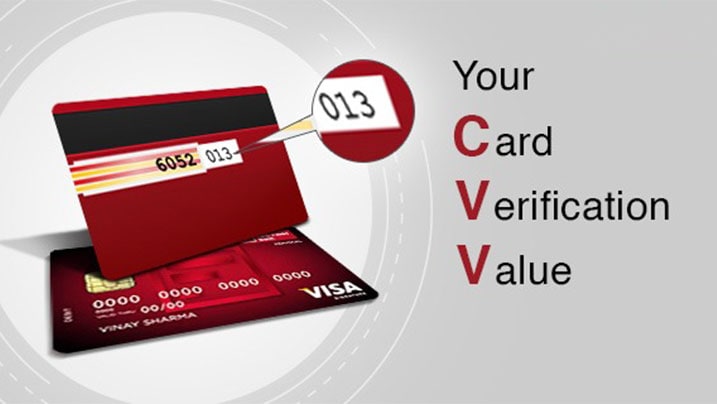Drawbacks of CVV Number

While the Card Verification Value (CVV) provides an additional layer of security for card transactions, there are still some drawbacks and limitations to consider:
-
Phishing and Social Engineering:
- If individuals are tricked into providing their card details, including the CVV, through phishing emails, fake websites, or social engineering tactics, the security provided by the CVV becomes compromised.
-
Card Skimming:
- In situations where physical card skimming devices are used, the CVV might not offer protection. Skimmers can capture the magnetic stripe information, including the CVV, when the card is used at compromised terminals.
-
Stored Card Information:
- Some online platforms or merchants may store card information, including the CVV, for convenience in future transactions. If these databases are breached, it can expose sensitive information, including the CVV.
-
Limited Protection Against Lost or Stolen Cards:
- While the CVV can help prevent unauthorized online transactions, it doesn't provide protection in situations where the physical card is lost or stolen. In such cases, other security measures like reporting the loss to the card issuer are crucial.
-
Not Foolproof:
- While the CVV adds a layer of security, it is not foolproof. Sophisticated cybercriminals may still find ways to exploit vulnerabilities or use other techniques to compromise card details.
-
Incompatibility with Card-Present Transactions:
- The CVV is primarily designed for online and over-the-phone transactions. In face-to-face or card-present transactions, the CVV is not typically required or checked, reducing its effectiveness in those scenarios.
Despite these drawbacks, the CVV is a valuable security feature that, when used in conjunction with other security measures, helps protect against unauthorized online transactions. It's important for cardholders to stay vigilant, monitor their accounts regularly, and report any suspicious activities to their card issuer.
Thank you.
